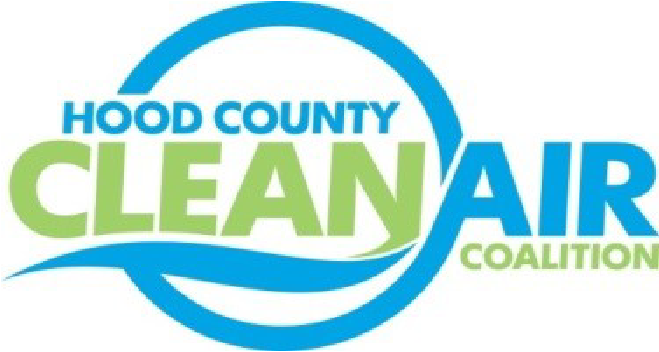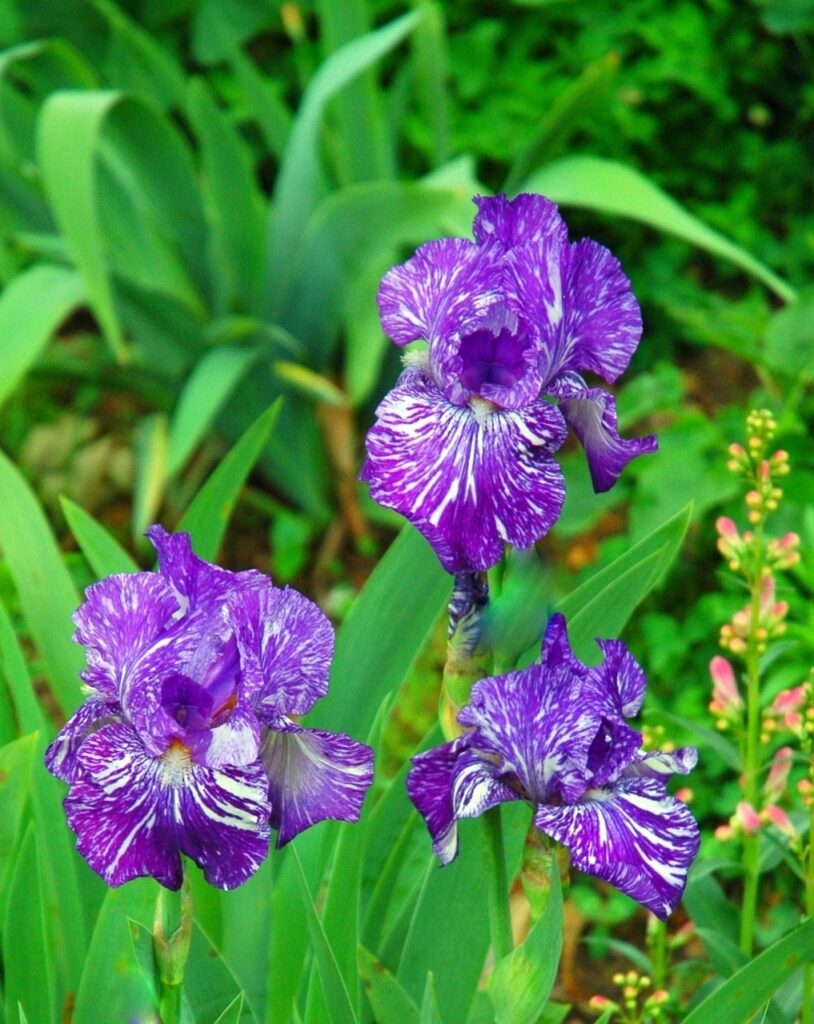
Image from EPA Air Now ( https://www.airnow.gov/sites/default/files/download-images/aqi-logos/aqi_ex3.jpg)
The Air Quality Index (AQI) is a color-coded scale that indicates when health impacts may happen based on air quality. Green or “good” indicates that the air quality poses little or no health risk. Yellow or “moderate” means air quality is acceptable, but those
who are especially sensitive to air pollution could have health impacts. Orange or “unhealthy for sensitive groups” air quality will likely impact members of sensitive groups like people with respiratory conditions, older adults, and young children. Red indicates that the general public may experience health impacts from air quality while sensitive groups may experience more serious issues. Purple means health impacts have increased for everyone, and maroon reflects a health warning for everyone. The Air Quality Index applies to air quality for both ozone and particulate matter pollution and is often part of weather forecasting. You can find the Air Quality Index information on the hccleanair.org website on the home page either on the air quality/ weather banner or Air North Texas’ Arlo’s shell color. When planning for outdoor activities, you can sign up for air quality forecasts at https://www.airnorthtexas.org. This ozone season, you can raise your air quality awareness by using the Air Quality Index and knowing your air quality colors.




